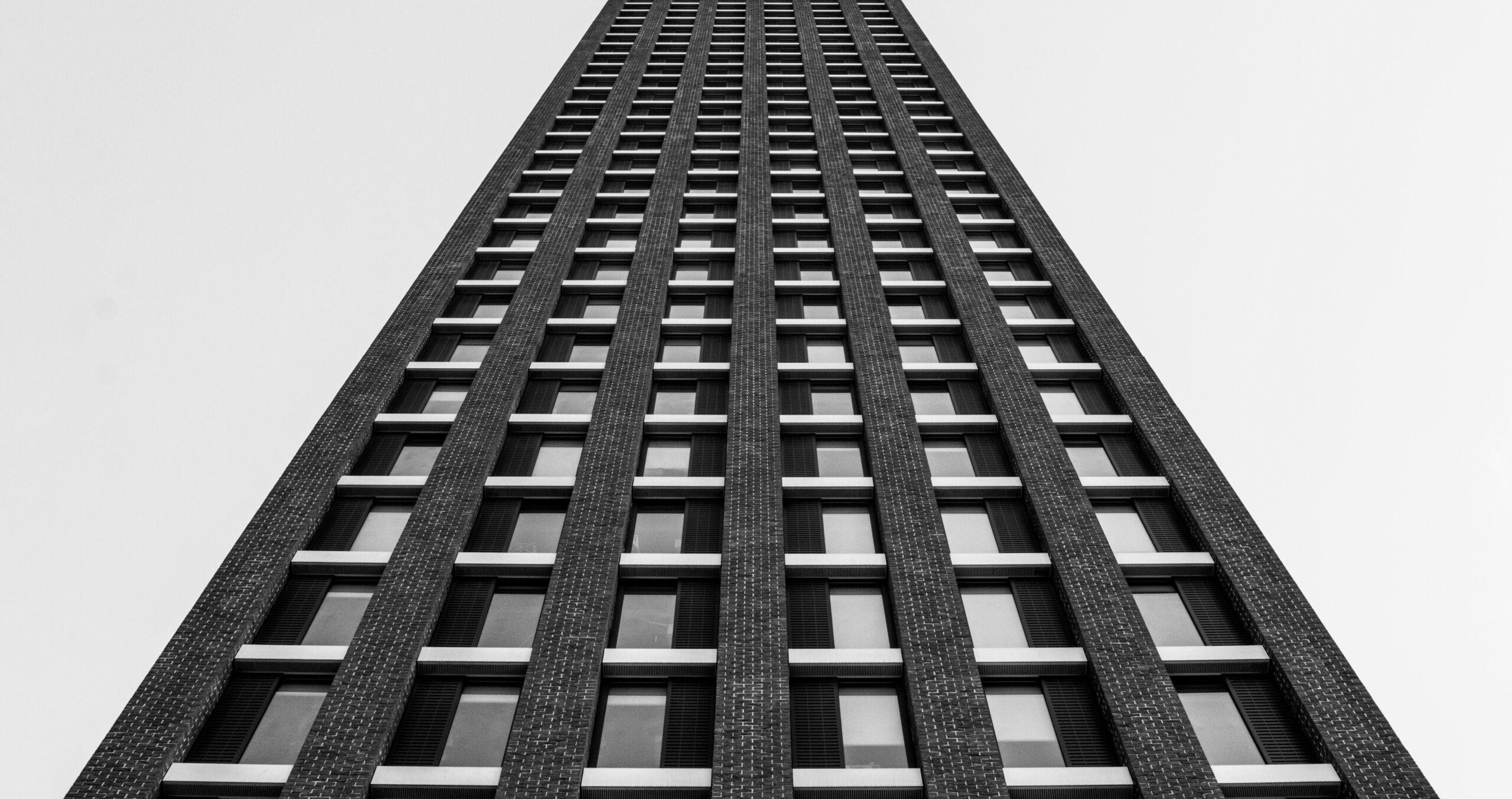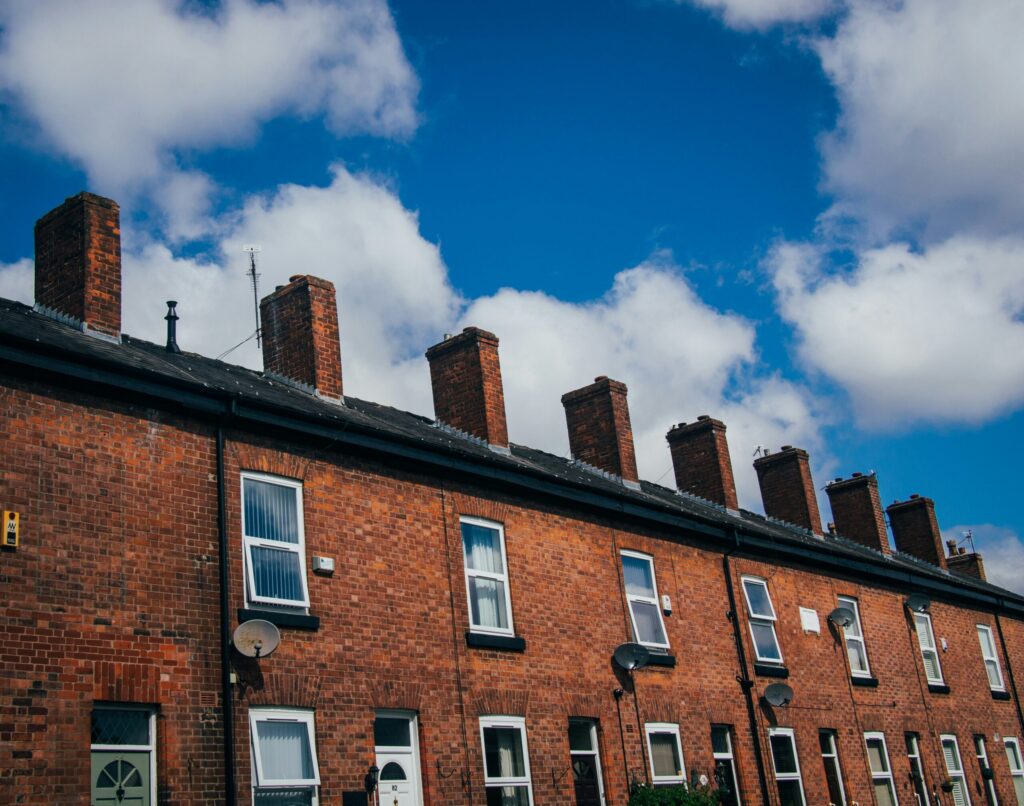
EWS1 Certificate: All You Need to Know
Do you own a flat? Are you thinking about selling or remortgaging? Then it’s time to get familiar with EWS1 certificates!
Lucky for you, this guide covers everything you need to know about EWS1 certificates and why they matter when selling your property – from understanding what they are, who needs them, how to get hold of one and what the certificate’s ratings mean.
What is an EWS1 certificate?
An EWS1 certificate (External Wall Fire Review) is a document that confirms a building’s external walls have been assessed for fire safety. The assessment is typically carried out by a qualified fire safety expert, usually a Chartered Engineer with expertise in building fire risk.
The certificate was introduced after the Grenfell Tower fire in 2017. Its aim is to ensure residential buildings, especially those over 18 metres tall, are safe from fire risks related to cladding and insulation. It’s important for people buying or selling flats in high-rise buildings, as many mortgage lenders won’t approve loans without it.
Who needs an EWS1 certificate?
If you own a flat or apartment in a building that’s over 18 metres tall (about six storeys), you may need an EWS1 certificate. Even if your building is shorter, you might need one if it has certain types of cladding or other external materials that could pose a fire risk.
It’s crucial to know whether your property requires an EWS1 certificate because without it, buyers could struggle to get a mortgage. The best way to find out is to ask your solicitor or managing agent, who can also help you arrange an inspection.
What is an external wall system (EWS)?
An external wall system is the outer structure of a building, including the cladding, insulation, fire breaks and any external walkways or balconies. The EWS1 certificate confirms that these elements have been assessed for fire safety and meets the required standards.
Heads up: EWS1 certificates don’t guarantee the building is completely fireproof. Instead, they confirm whether the external materials of the building are safe or require further action.
When do you need an EWS1 certificate?
If you’re selling a flat or apartment in a building that has cladding or is over 18 metres tall, you’ll need an EWS1 certificate to reassure potential buyers and lenders. Lenders have become more cautious since the Grenfell tragedy, and many now insist on seeing an EWS1 certificate before they offer a mortgage.
If your building has been assessed and found to be fire-safe, an EWS1 certificate can help put potential buyers’ minds at ease and make the sale process smoother.
How long is an EWS1 certificate valid?
Once issued, an EWS1 certificate is usually valid for five years. However, if significant changes are made to the exterior, such as new cladding or balcony additions, the certificate will need to be updated. This is something to keep in mind if you’re selling or remortgaging after major building work has been done.
Who arranges the EWS1 certificate?
As the owner of a flat, you or the building owner will need to arrange the EWS1 certificate. This typically involves contacting a qualified fire safety expert, such as a Chartered Fire Engineer, to carry out an assessment of the building’s external wall system. If your building is part of a larger complex, the property management company or freeholder may be responsible for arranging the inspection for the entire building.
Once the inspection is complete, the fire safety professional will provide the certificate, which will include a classification based on the findings.
How do you get hold of an EWS1 certificate?
If you’re planning to sell your flat and think you need an EWS1 certificate, speak to your solicitor or property management company. They can request the certificate from the building owner or the managing agent.
If the EWS1 certificate hasn’t been obtained yet, your solicitor can help facilitate the process. The good news is that Sell House Fast can help too, providing a streamlined, efficient process if you’re looking to sell quickly and without hassle.
How much does an EWS1 certificate cost?
The cost of obtaining an EWS1 certificate can vary depending on the size of the building and the complexity of the assessment. On average, an assessment can cost anywhere from £6,000 to £28,000, with the building owner typically covering the cost. However, the fee may be passed on to leaseholders in some cases.
While the EWS1 certificate itself is typically free once it’s issued, the cost of the fire safety assessment is something to factor in when preparing to sell your property. If repairs or remedial work are needed to ensure the building meets fire safety standards, additional costs may arise.
EWS1 form classifications
Once an EWS1 certificate has been done by a qualified fire safety expert, your building will get a rating. This rating will tell you how safe the external wall system is and whether any work needs to be done to improve fire safety.
There are two main options you’ll see on your certificate. These tell you about the materials used in the external walls of your building and whether they pose a fire risk.
- An A rating means the external wall materials probably won’t catch fire. The building’s looking pretty good in terms of fire safety.
- A B rating means there are some combustible materials in the external walls, which means there might be a fire risk. Some remedial work could be needed to make things safer.
A1, A2, and A3 classifications
- A1: Great news! This means there’s no cladding in the building that contains significant amounts of combustible material. So, the building’s external walls are safe, and there’s no immediate fire risk from the materials used.
- A2: This means the cladding’s been checked, and everything’s good to go. There’s no further work needed, and your building is safe as it is.
- A3: Not as great as A1 or A2, but still pretty reassuring. This rating means the cladding is unlikely to catch fire, but some work could be needed to meet the latest fire safety standards. It’s a good sign, just with a small to-do list.
B1 and B2 classifications
- B1: This is a low-risk rating, which means no immediate work is needed. The external walls are made from materials that pose little to no fire risk, so you’re in the clear.
- B2: This one means there’s a higher fire risk, so some work will be required to make the building safer. If you’re selling, this could affect your buyer’s mortgage offer, as some lenders might want to see a plan for fixing the issue before they agree to lend. But don’t worry, some buyers may still be happy to proceed if they know a plan is in place to fix the problem.
But what about if your building doesn’t meet any of these ratings?
What happens if your building fails the EWS1 assessment?
If your building fails the assessment, it could make selling or remortgaging more complicated. A failing EWS1 certificate may indicate that the building has unsafe cladding or fire risks, which could affect the building’s value.
In some cases, sellers may have to reduce the price or offer incentives to attract buyers. However, there are options available to address the issue, such as replacing cladding or installing fireproofing systems. And Sell House Fast has offered a solution to thousands of sellers by buying their property for cash, helping them to move on without the delays or complications that come with fire safety concerns.
What if you can’t get an EWS1 certificate?
If you’re unable to obtain an EWS1 certificate, either because the building fails the assessment or the freeholder refuses to arrange it, it can make selling difficult. The first step is to speak to your solicitor, who may be able to help with getting the necessary paperwork. You can also consider contacting your local council for guidance.
If your building’s fire safety is in question, your best bet is to be transparent with potential buyers, so they can make an informed decision.
Making your sale quick, easy and stress-free
Selling a property can come with its share of challenges, but with Sell House Fast, the process doesn’t have to be a headache. If you’re facing difficulties with an EWS1 certificate or simply want a fast, straightforward sale, we’re here to help.
With Sell House Fast, you can expect a personalised, fast, transparent sale – with no hidden fees. We offer cash for houses, providing a quick, easy and stress-free solution – often in a matter of days.
If you need to sell your house for cash without the usual complications, get a cash offer today and get your sale moving without the hassle.


